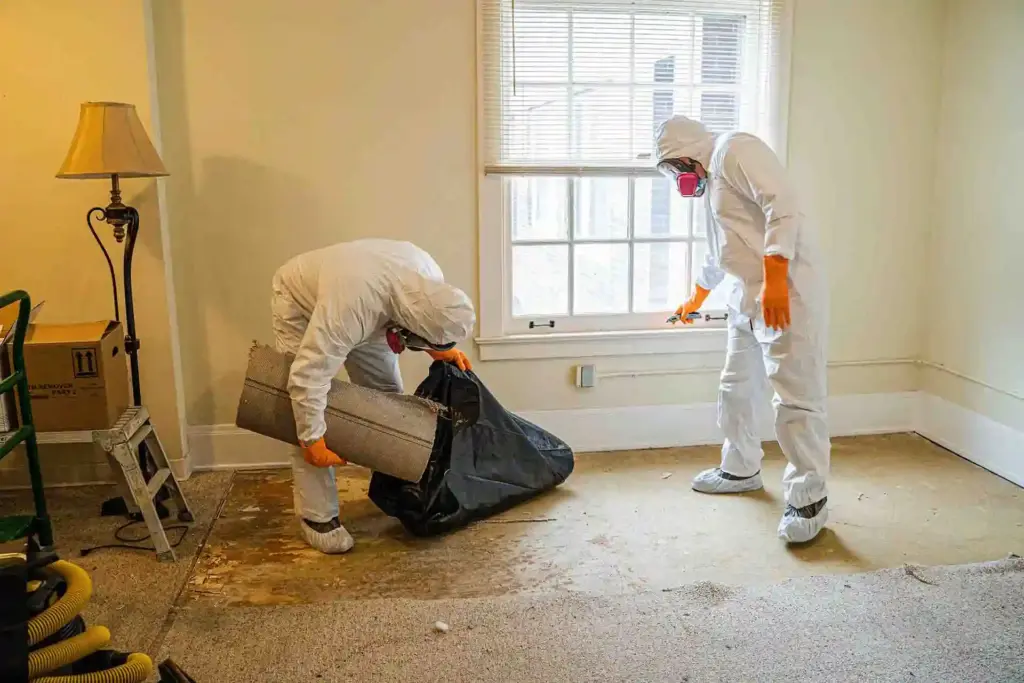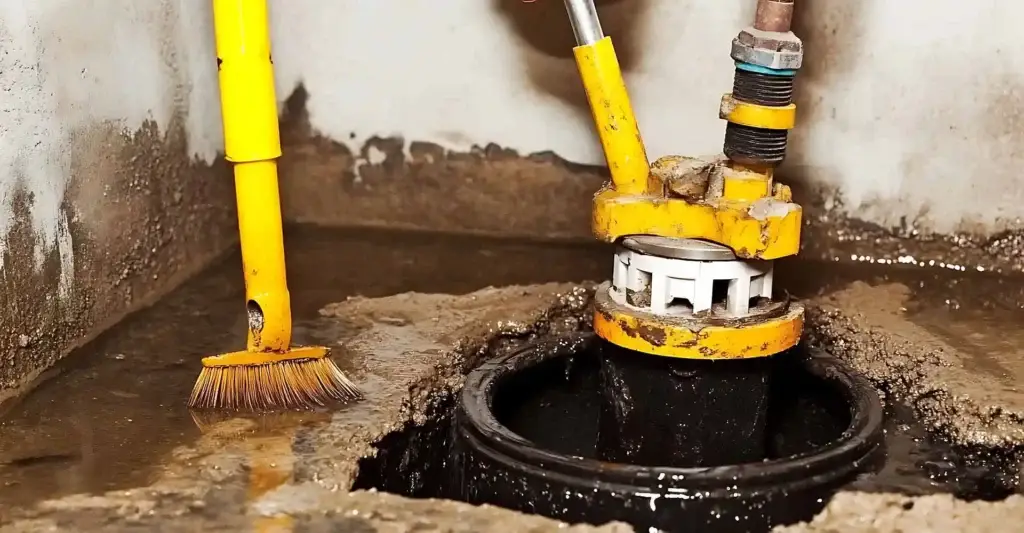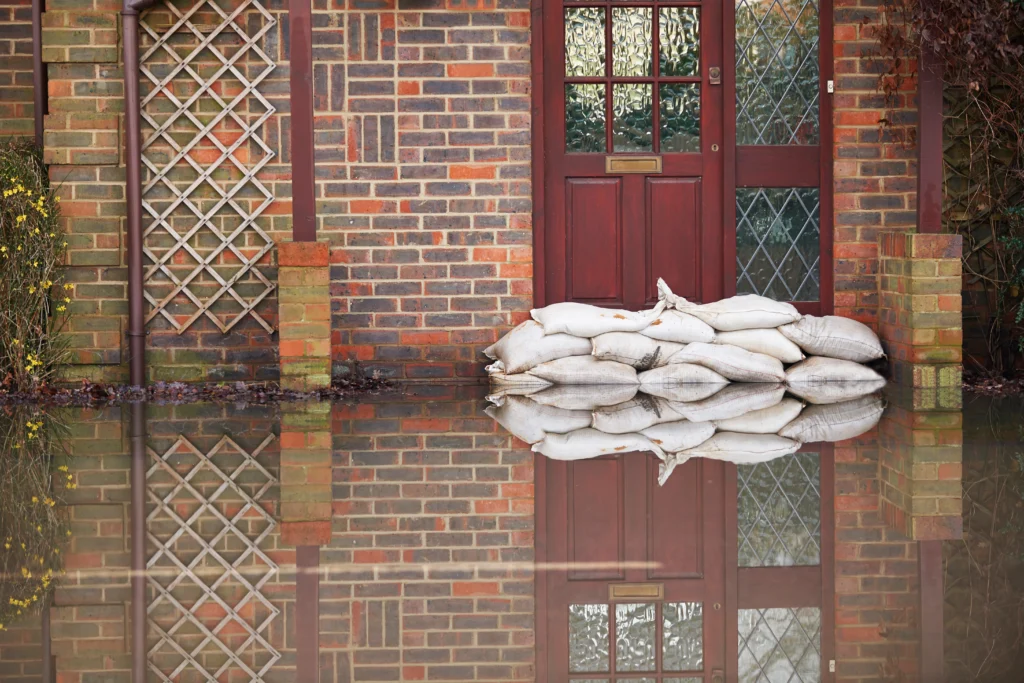Specialist drying is essential for UK construction projects because natural ventilation is too slow and unreliable to remove deep-seated moisture from materials like concrete, plaster, and timber. Investing in professional drying services uses industrial-grade equipment to accelerate project timelines, prevent costly delays, and ensure structural integrity. The key benefits include:
Accelerated Schedules: Rapidly dries wet trades (screeds, plaster) to allow for faster application of finishes like flooring and paint, helping meet tight deadlines.
Cost Savings: Prevents expensive rework from material failures like peeling paint, warped flooring, and mould growth, thereby reducing overall project costs.
Damage Prevention: Eliminates the risk of long-term structural issues, such as wood rot or compromised concrete, and prevents health hazards from mould.
Guaranteed Results: Creates a controlled environment that works effectively regardless of the unpredictable UK weather, ensuring materials are dried to the correct standard.
Skip to:
Why specialist drying is essential for construction
How professional drying impacts project timelines and cost
What are the risks of inadequate drying?
How long does specialist drying take?
Construction drying in the UK
In the fast-paced, high-stakes world of UK construction, time is money, and moisture is the enemy of both. Whether you’re managing a large commercial development, a new residential build, or rehabilitating a structure after a flood, inadequate drying can lead to costly delays, structural integrity issues, and long-term problems like mould growth and material degradation. Yet, despite its critical importance, many construction professionals still have pressing questions: “Can’t we just open the windows? How long does drying really take? What’s the risk if we rush it? And when is specialist drying truly necessary?”.
At Ideal Response, we are not just a service provider; we are your strategic partner in specialist drying for the UK construction sector. We bring advanced technology and expert knowledge to ensure your sites are dry, durable, and delivered on time. This comprehensive guide will debunk common myths and answer your most crucial questions about professional moisture control in construction.
Why is specialist drying essential on a construction site?
This is perhaps the most common misconception. While natural ventilation helps, it’s rarely sufficient for the deep-seated moisture in modern construction materials or after significant water ingress. Here’s why specialist drying is indispensable:
- Beyond surface drying: Concrete, screeds, plaster, and even timber frames absorb significant amounts of moisture during construction or after a flood. Natural air drying only tackles surface moisture, leaving hidden damp that will cause problems later.
- Time sensitivity: Construction schedules are tight. Relying solely on natural drying can add weeks or months to a project, incurring significant penalty clauses and extended labour costs. Specialist drying accelerates this process safely.
- Controlled environment: Specialist drying equipment (like industrial dehumidifiers and desiccant dryers) creates a controlled environment, drawing out moisture efficiently regardless of external weather conditions, which are notoriously unpredictable in the UK.
- Material integrity: Proper drying prevents materials from warping, cracking, or losing strength due to excessive moisture. It ensures finishes (flooring, paint) adhere correctly and last longer.
- Mould prevention: Damp, enclosed spaces are breeding grounds for mould. Specialist drying removes the moisture source, effectively preventing mould growth, which can lead to costly remediation and health hazards.
Specialist construction drying can be the difference between a project finishing time or not. Projects that overrun will more often than not also be over budget. Every delay or issue pushes back the project timeline and push up the cost. See how we helped keep a major building development in Hemel Hempstead on track with our specialist drying service.
How does professional drying affect project timelines and costs?
Investing in specialist drying might seem like an added expense, but it’s a strategic move that significantly benefits your project’s bottom line and timeline:
- Accelerated schedules: By rapidly removing moisture, you can proceed to the next construction phases (e.g., flooring installation, painting) much faster, helping you meet or even beat deadlines. This translates directly into reduced overheads for extended site presence.
- Reduced rework and callbacks: Inadequate drying leads to issues like cupping floors, peeling paint, and mould outbreaks post-handover. Specialist drying prevents these costly defects, enhancing client satisfaction and protecting your reputation.
- Mitigation of secondary damage: After an unforeseen event like a burst pipe or flood, immediate and professional drying minimises long-term damage to the structure, contents, and integrated systems, reducing overall repair costs.
- Insurance benefits: For post-flood recovery, rapid professional drying can significantly reduce the size of an insurance claim by mitigating further damage.
- Health and safety: A dry site is a safer site, reducing the risk of slip hazards and mould-related health issues for your workforce.
What are the common causes of moisture issues on construction sites?
‘What will this cost?’ is often the next burning question. Providing an exact figure without an assessment is impossible, as the cost of water damage restoration in the UK varies significantly based on several factors:
Moisture can infiltrate a construction project from various sources:
- Construction process: Water used in concrete mixing, plastering, screeding, and painting.
- Weather: Rain, snow, and high humidity during the build phase.
- Groundwater: Rising damp or water ingress from the ground if foundations or basements aren’t adequately sealed.
- Leaks/floods: Burst pipes, plumbing failures, or external flooding events during or after construction.
- Condensation: Inadequate ventilation or temperature differences creating condensation within the structure.
What are the risks of inadequate drying in construction?
The consequences of neglecting proper drying are severe and expensive:
Mould growth: The most common and immediate risk. Mould damages materials, emits unpleasant odours, and poses serious health risks to future occupants, leading to costly remediation.
Structural damage: Wood rot, concrete spalling, and compromised steel can weaken the building’s integrity over time.
Material degradation: Flooring delamination, paint peeling, plaster softening, and corrosion of metals.
Adhesion problems: Paints, sealants, and floor coverings may fail to adhere properly to damp surfaces.
Thermal efficiency issues: Trapped moisture can reduce the effectiveness of insulation, impacting energy efficiency.
Project delays & cost overruns: All the above lead to re-work, extended project timelines, and increased labour and material costs.
Reputational damage: Delivering a property with moisture issues can severely harm your company’s reputation and lead to legal disputes.
What kind of specialist drying equipment is used?
Ideal Response utilises a range of industrial-grade equipment tailored to the specific needs of your construction project:
Industrial dehumidifiers: Powerful refrigerants or desiccant dehumidifiers extract vast amounts of moisture from the air, significantly speeding up drying.
Air movers/axial fans: These high-velocity fans create airflow across wet surfaces, promoting rapid evaporation.
Desiccant dryers: Used for very low humidity environments or extreme cold, these machines absorb moisture directly from the air using a chemical desiccant.
Moisture meters & thermal imaging: Essential diagnostic tools that precisely locate hidden moisture within materials and monitor the drying process to ensure complete dryness.
Hygrometers: Measure ambient humidity and temperature to optimise drying conditions.
Air scrubbers/HEPA filters: Used to remove airborne contaminants, mould spores, and dust, particularly in water-damaged environments.
How long does specialist drying take for different materials?
The drying time is highly variable and depends on the material, its saturation level, and environmental conditions:
Concrete screeds: Can take weeks or even months to naturally dry to required levels for flooring. Specialist drying can significantly reduce this to days or a few weeks.
Plasterboard & plaster: Dries faster than concrete but still requires controlled conditions to prevent warping or cracking.
Timber/wood: Can dry quickly on the surface, but internal moisture can lead to warping or rot if not thoroughly addressed.
Insulation: Often needs to be removed if heavily saturated, as it holds moisture and is difficult to dry in situ.
Our team will provide an estimated timeline after a thorough assessment, based on the materials and the extent of the moisture.
When should I consider specialist drying for my new build?
Even without a flood, new builds benefit immensely from specialist drying:
- Accelerating handover: When project deadlines are tight, specialist drying helps accelerate the drying of wet trades (concrete, screeds, plaster) to meet handover dates.
- Preventing future issues: Ensures residual moisture from the construction process is fully removed before finishes are applied, preventing future damp issues, mould, and material failures.
- Improved air quality: Creates a healthier indoor environment from day one by reducing high humidity and the potential for mould growth.
What’s the cost of specialist drying in construction?
The cost of specialist drying for construction projects in the UK is a bespoke quote, determined by:
- Scale of the project: Size of the area to be dried.
- Extent of moisture: Level of saturation and type of water (clean, grey, black).
- Materials: Types of materials requiring drying.
- Equipment required: The number and type of industrial drying units needed.
- Duration: The estimated time required for complete drying.
- Site access & logistics: Ease of equipment delivery and setup.
While it’s an investment, the cost is almost always outweighed by the savings in avoided delays, re-work, and potential long-term structural or health issues. We provide clear, transparent quotes.
Conclusion: Seek professional construction drying help
In the competitive UK construction landscape, avoiding costly delays and ensuring structural integrity are paramount. By proactively addressing moisture challenges with specialist drying, you safeguard your project, your reputation, and your bottom line.
If you have questions about moisture control on your current or upcoming construction project, or if you’re dealing with an unexpected water event, don’t compromise. Ideal Response provides advanced, efficient, and reliable specialist drying solutions tailored for the construction sector across the UK. Contact us today to discuss your specific needs and ensure your project’s success.
Need to speak to a specialist urgently? Call 01622 926 505
Specialist drying for UK construction: Frequently asked questions
Why is specialist drying essential for UK construction projects, beyond natural ventilation?
Specialist drying is crucial because natural ventilation is too slow and unreliable for removing deep-seated moisture from modern construction materials like concrete, screeds, plaster, and timber. It only tackles surface moisture, leading to hidden damp, extended project timelines (weeks or months of delays), and potential long-term issues regardless of the unpredictable UK weather.
How does professional drying benefit construction project timelines and costs?
Investing in professional drying accelerates construction schedules by rapidly removing moisture, allowing faster application of finishes and helping to meet tight deadlines. This translates into reduced overheads for extended site presence, minimises costly rework from issues like peeling paint or warped flooring, and can reduce the size of insurance claims after water events, ultimately saving money.
What are the common causes of moisture issues on UK construction sites?
Moisture infiltrates construction projects from various sources, including:
Water used in wet trades (concrete, plastering, screeding, painting).
UK weather conditions like rain, snow, and high humidity during the build.
Groundwater ingress (rising damp) if foundations or basements are not properly sealed.
Leaks or floods from burst pipes or external events.
Condensation due to inadequate ventilation or temperature differences.
What are the risks and consequences of inadequate drying in construction?
Neglecting proper drying carries severe and expensive consequences, including:
Widespread mould growth, posing health risks and requiring costly remediation.
Structural damage like wood rot, concrete spalling, or compromised steel.
Material degradation (e.g., flooring delamination, paint peeling, plaster softening).
Adhesion problems for finishes.
Reduced thermal efficiency.
Significant project delays and cost overruns.
Damage to the company’s reputation.
What types of specialist drying equipment are used in construction?
Professional drying companies utilise industrial-grade equipment tailored to specific needs. This typically includes:
Powerful industrial dehumidifiers (refrigerant or desiccant).
High-velocity air movers/axial fans to promote evaporation.
Moisture meters and thermal imaging cameras to precisely locate hidden moisture.
Hygrometers to monitor humidity and temperature.
Air scrubbers/HEPA filters to remove contaminants like mould spores.
How long does specialist drying typically take for different construction materials?
Drying times are highly variable but are significantly reduced with specialist equipment:
Concrete screeds: Can take weeks or months naturally, but specialist drying can reduce this to days or a few weeks.
Plasterboard & plaster: Dries faster than concrete but still requires controlled conditions to prevent issues.
Timber/wood: Surface dries quickly, but deep moisture requires thorough treatment to prevent warping or rot. Specialists provide an estimated timeline after an on-site assessment.
What's the cost of specialist drying for construction projects in the UK?
The cost of specialist drying is bespoke, determined by the project’s scale, the extent and type of moisture, the specific materials involved, the equipment required, and the duration of the drying process. While an investment, the cost is almost always outweighed by the significant savings from avoided delays, prevention of costly rework, and mitigation of long-term structural or health issues.

Kayleigh Owen - Technical Account Manager
With years of dedicated experience in the disaster recovery industry, Kayleigh Owen brings a precise and insightful approach to every project. Holding a BSc Hons Degree, Kayleigh specialises in construction and major loss, expertly navigating the complexities of large-scale fire and flood events. Having spent her entire industry career at Ideal Response, she has honed a deep understanding of what it takes to restore properties and lives with efficiency and empathy. Kayleigh believes that meticulous planning and clear communication are the cornerstones of transforming disaster into recovery, ensuring every client receives not just a solution, but true peace of mind.





















